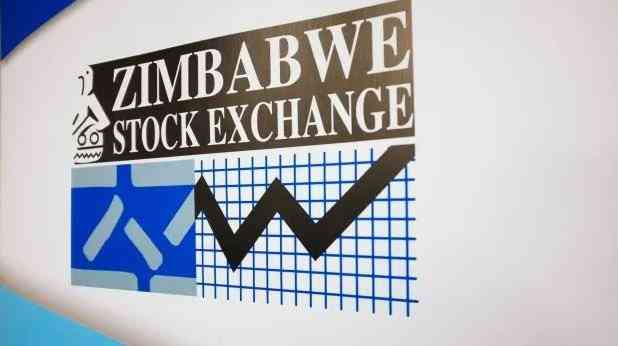
The Zimbabwe Revenue Authority (Zimra) has reported a 5% increase in value-added tax (VAT) compliance following the implementation of the fiscalisation management system, which is now being extended to target small companies.
Zimra last year stepped up efforts to enforce its fiscalisation management system to bolster government coffers.
In an interview this week, Zimra domestic tax commissioner Misheck Govha said the authority would be expanding its tax network to include many small businesses after the VAT registration threshold was reduced to US$25 000, from US$40 000.
The change went into effect at the start of the year.
“Regarding the compliance rate, we have done an assessment where we have applied a fiscalisation data management system and the trend has shown that we are increasing our VAT compliance by 5% from clients who are already on the system,” Govha said.
“We are trying to widen the net as much as possible to cover as many clients, who are eligible for VAT since the threshold has been reduced from US$40 000 to US$25 000.
“We are chasing everyone, who is supposed to be on the threshold and registered so that we also increase our tax purse.”
He noted that Zimra was pushing to bring most small to medium enterprises (SMEs) into the formal sector as their turnover qualified them to be formal businesses.
- Zimra seizes CCC campaign vehicle
- ZDI defends AK-47 rifles 'smugglers'
- Firearms smuggling suspect weeps in court
- Fresh calls to scrap 2% tax
Keep Reading
The push to target smaller companies comes as the market, which mostly operates informally, has an annual turnover of over US$14 billion, according to the central bank.
“The major challenge is the issue of clients, who want to remain informal yet are practically formal, and their turnover is quite huge and just want to associate themselves with the informal sector,” Govha said.
“From the small research that we have done, we have noted that the turnover for some of them who are small enterprises is over US$1 million. So, they are really big companies that qualify for our large clientele, so we are rectifying this.”
He said Zimra was targeting to improve the SMEs contribution to the tax system by a range of 6% to 8% this year.
“We are always going to face challenges as an organisation. The compliance of our clients is our major mandate to collect revenue and once our clients comply, we are good to go,” Govha said. “But we have been having a lot of challenges with the informal sector. To counter that we introduced what we call the ‘Block Management System’.
“This system is targeting the informal sector, and we are visiting the small enterprises to make sure that we educate them, and we register them so that we add them to the tax base. It has been bringing good results, particularly in the CBD (central business district) of Harare.”
He noted that they were also implementing the system outside Harare to make sure that they included all eligible taxpayers in the tax net.
WTS Tax Matrix Academy chief executive officer Marvellous Tapera said the cost of compliance was a major challenge hindering businesses from complying with tax laws.
“The other challenges are also coming from
the fact that new laws have been introduced and the tax administration system that has been introduced through… is also presenting challenges for businesses to cope with when it comes to the cost of compliance, installation of gadgets, changing new systems, and fiscalisation," he complained.
“Another key challenge traditionally has always been the cash flow and liquidity challenges within the market. This is impacting cash reporting in some way because when you sell on credit, for instance, you need to pay taxes without receiving the money from your debtor. So that is putting or creating a lot of pressure on companies and individuals to comply with the tax laws."










